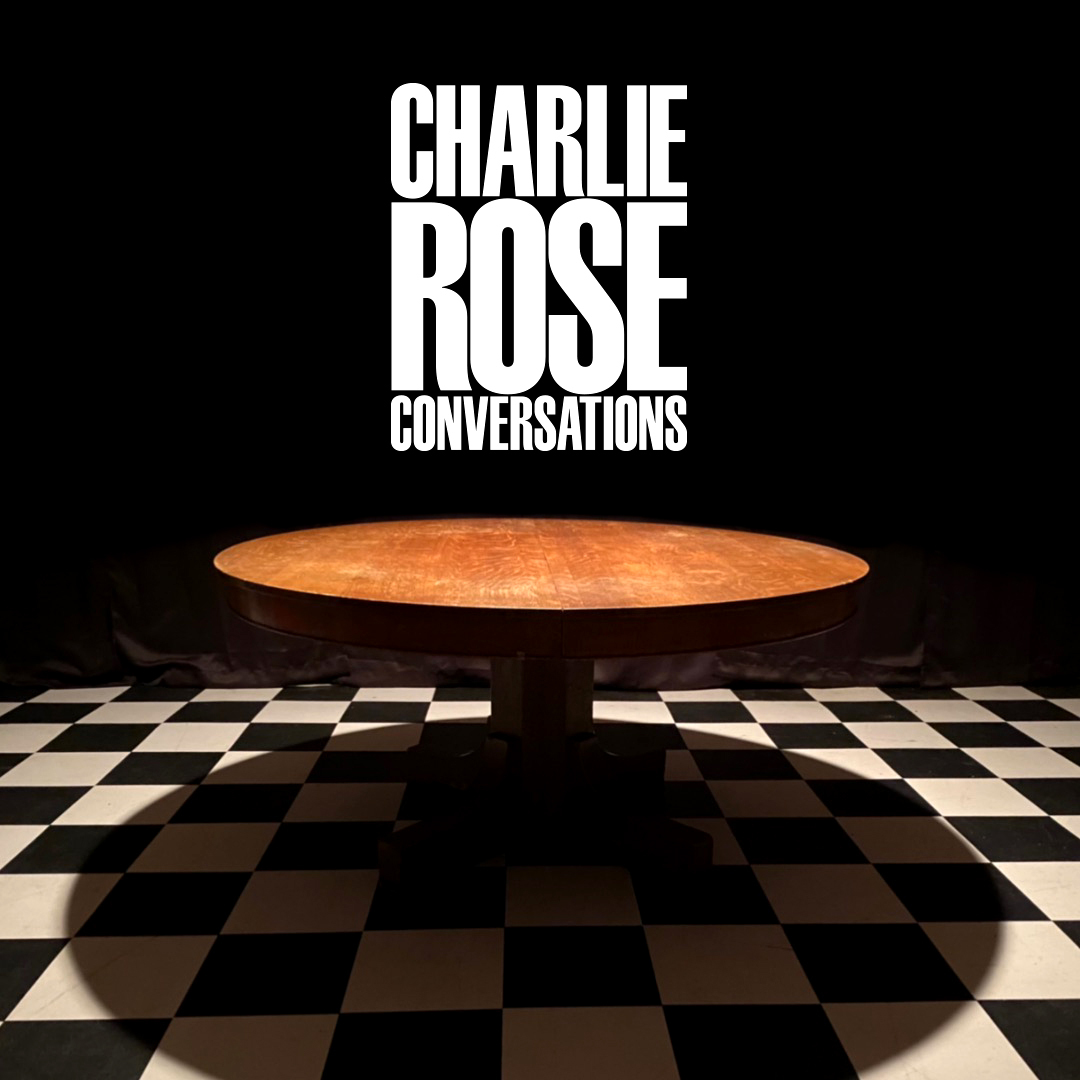
John Malone is one of the most important architects and builders of contemporary media. He went from Phi Beta Kappa at Yale to a Ph.D. at Johns Hopkins and then jobs at Bell Labs, McKinsey, and Jerrold Electronics before being recruited by Bob Magness to come west to Colorado and grow the cable industry. As CEO of Tele-Communications Inc. and Liberty Media, he played a major role in putting together a series of cable companies and wiring the nation for the internet revolution.
He supported Ted Turner at CNN, Rupert Murdoch at Fox, and Barry Diller at IAC. Each has described John Malone as the smartest strategic person they know for his understanding of the impact of technology and finance. He sold TCI to AT&T for $48 billion in 1999. In 2022, he was instrumental in the merger of Warner Bros. and Discovery, combining a movie studio, HBO, CNN, and cable companies. He also created Liberty Global, a major broadband provider in the world, and acquired Formula One, SiriusXM, Live Nation, and the Atlanta Braves.
He tells the story of how he did it and the people who helped in his memoir — Born To Be Wired: Lessons From a Lifetime Transforming Television, Wiring America for the Internet, and Growing Formula One, Discovery, SiriusXM, and the Atlanta Braves. It was written with Mark Robichaux, who wrote his 2002 biography Cable Cowboy.
It is a fascinating moment, as the lead story on the front page of The Wall Street Journal today is an announcement by the Board of Warner Bros. Discovery that it is for sale. The announcement follows a bid by Paramount, recently purchased by David Ellison, the son of Larry Ellison, the founder of Oracle and the second-richest person in the world.
We will talk about many things — especially his memoir, Born To Be Wired — the role he played and the people who helped him, the announcement by Warner Bros. Discovery, the media in transition, the consequence of streaming, the impact of tech companies, the future of artificial intelligence, the news today, and America today as it nears its 250th birthday on July 4, 2026.
There is no one better to ask about all this than John Malone, the author of Born Wired and the largest stockholder of Warner Bros. Discovery. He is the former Chairman of the Board and now Chairman Emeritus.
- February 18 2026
- February 08 2026
- January 31 2026
- January 19 2026
- October 31 2025
- October 24 2025
- October 14 2025
- October 08 2025
- October 04 2025
- October 02 2025
- September 30 2025
- September 21 2025
- September 16 2025
- September 10 2025
- September 05 2025
- August 22 2025
- July 18 2025
- December 29 2024
- December 09 2024
- November 27 2024
- September 20 2024
- September 10 2024
- August 29 2024
- August 13 2024
- February 20 2024
- February 16 2024
- January 11 2024
- December 26 2023
- December 24 2023
- December 12 2023
- December 04 2023
- November 14 2023
- November 02 2023
- November 01 2023
- October 20 2023
- October 12 2023
- July 28 2023
- March 09 2023
- March 06 2023
- October 07 2022
- September 03 2022
- August 16 2022
- August 03 2022
- June 20 2022
- June 09 2022
- May 27 2022
- May 17 2022
- May 10 2022
- April 14 2022
- Prev
-
October 24 2025
- February 18 2026
- February 08 2026
- January 31 2026
- January 19 2026
- October 31 2025
- October 24 2025
- October 14 2025
- October 08 2025
- October 04 2025
- October 02 2025
- September 30 2025
- September 21 2025
- September 16 2025
- September 10 2025
- September 05 2025
- August 22 2025
- July 18 2025
- December 29 2024
- December 09 2024
- November 27 2024
- September 20 2024
- September 10 2024
- August 29 2024
- August 13 2024
- February 20 2024
- February 16 2024
- January 11 2024
- December 26 2023
- December 24 2023
- December 12 2023
- December 04 2023
- November 14 2023
- November 02 2023
- November 01 2023
- October 20 2023
- October 12 2023
- July 28 2023
- March 09 2023
- March 06 2023
- October 07 2022
- September 03 2022
- August 16 2022
- August 03 2022
- June 20 2022
- June 09 2022
- May 27 2022
- May 17 2022
- May 10 2022
- April 14 2022
- Next



